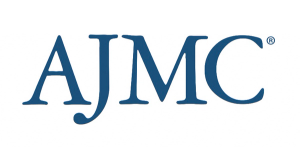
Screening for Health Literacy, Social Determinants, and Discrimination in Health Plans
This study provides insight on the experiences of patients of a national health plan with 2 structural determinants of health—health care discrimination and health literacy—and how those interact with social determinants of health and patient demographics.





